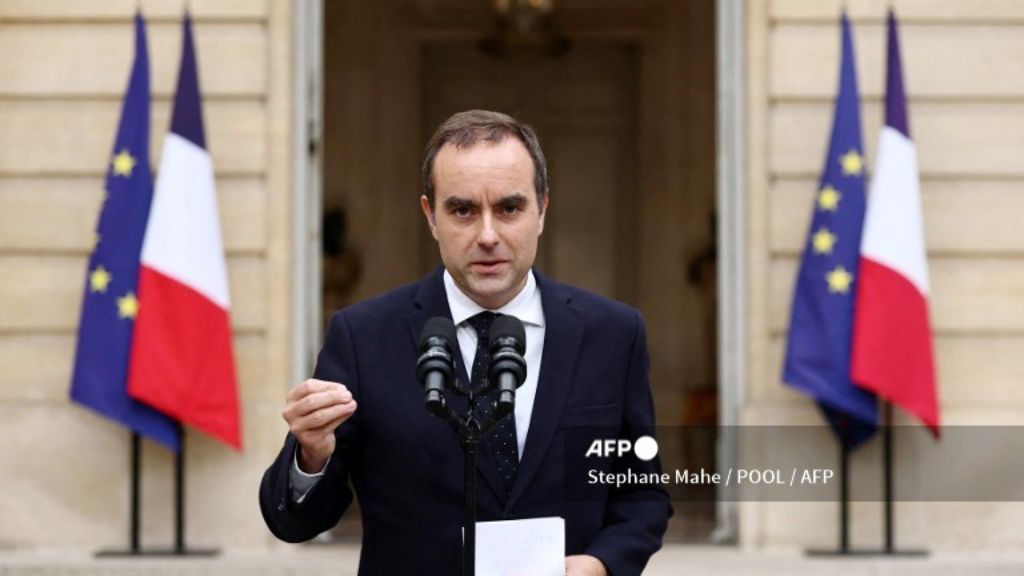France has plunged deeper into political turmoil as Prime Minister Sebastien Lecornu resigned on Monday, merely 27 days after assuming office. His departure, the shortest tenure for a prime minister in modern French history, exacerbates the ongoing crisis that has gripped the nation for over a year. Lecornu cited unfulfilled conditions for his role, blaming ‘partisan appetites’ for his forced exit. His resignation came just 14 hours after announcing his government, which faced immediate backlash across the political spectrum and risked a no-confidence vote in parliament. The Paris stock market reacted negatively, with the CAC 40 index dropping 1.7% following the announcement. President Emmanuel Macron, who appointed Lecornu on September 9, now faces mounting pressure to navigate the crisis. Macron has resisted calls for snap legislative elections or his own resignation before his mandate ends in 2027. The political instability has reverberated across Europe, with Germany emphasizing the need for a ‘stable France’ to ensure continental stability. Lecornu’s government, largely unchanged from its predecessor, drew criticism, particularly from the right-wing Republicans, who accused it of lacking reform. The new cabinet included Bruno Le Maire as defense minister, a move seen as contradictory to Lecornu’s promises of change. France’s public debt has reached a record high, with its debt-to-GDP ratio now the EU’s third-highest, close to double the permitted 60%. Analysts warn that Macron’s options are fraught with risks, with snap elections potentially empowering the far right. The 2027 presidential elections loom as a pivotal moment, with Marine Le Pen’s National Rally eyeing its best chance to seize power. Macron’s next steps remain uncertain as he grapples with a fragmented parliament and a deepening fiscal and political crisis.
